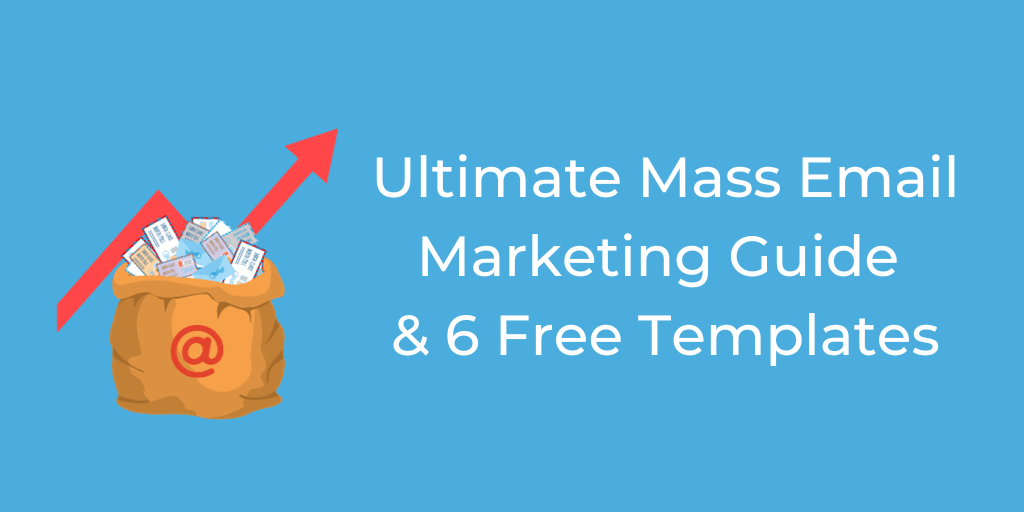
Quick links
Bounce rate is one of the most important metrics of evaluating the success of an email campaign. Before we delve into the causes of bounce rates and how they affect your campaigns, we thought it would be a good idea to brush up on the basics. Bounce rates can be critically assessed in two ways, that is;
i. Bounces on Email
ii. Bounces on Landing Page
Bounces on Email
Obviously, this is what a lot of people think about when they refer to bounce rates. It is a clear and straightforward way of assessing whether your email was delivered to the intended recipient or not. Bounces on Email can either be soft or hard
- Hard Bounce
This happens when an invalid email address is the recipient of an intended email campaign. Although we did not mention in our earlier posts that it is a hard bounce, it is caused by entering incorrect syntax or domain of a recipients email.
- Soft Bounce
This is, more often than not, the result of errors in the email server that returns to the sender the recipients’ intended email.
Bounces on Landing Page
This is a kind of bouncing that is related to the links for landing pages contained in the email campaign content. A recipient may open and read the email but choose not to click on the link that redirects them to a marketers landing page thus ‘bouncing on landing page.’ Irrelevancy of the landing page or link is one reason why such bounces occur.
Why Do Emails Bounce?
We have briefly highlighted, before, the reasons why emails bounce. We however feel like these 3 are the most common causes;
i. Errors in Lists
Errors commonly manifest in the form of formatting, syntax or domain errors. These can be quickly fixed individually by manually brushing over your list if it is small.
Bigger lists tend to get more involving; so, a cleaning app comes in handy.
ii. Old Lists
Stale lists contain inactive addresses – the main culprit in bounces from old lists. Re-engagement campaigns sent out to inactive subscribers have been found to rejuvenate their (subscribers’) interests. That is definitely something you should consider as a marketer, of course after cleaning your lists once more.
iii. Using a Free Email Service Provider
Campaigns sent from a free email service provider like Yahoo or Gmail are more likely to bounce. This is because their recipients’ service servers check for DMARC which in not always friendly to free email service providers. We would advise that you use your website’s email to send out campaigns.
We cannot stress enough the importance of having your email lists verified and cleaned. That is the only way to reduce your bouncing rates. Enlisting services of a reputable email verification app such as Email List Verify can save you thousands of dollars, damaged sender reputation and loss of potential business. We believe these pointers will provide a guide to helping you get rid of those bounces once and for all. Check out our next post.
Join Our Monthly Newsletter
Learn how to improve email deliverability and clean your email lists with and more.



